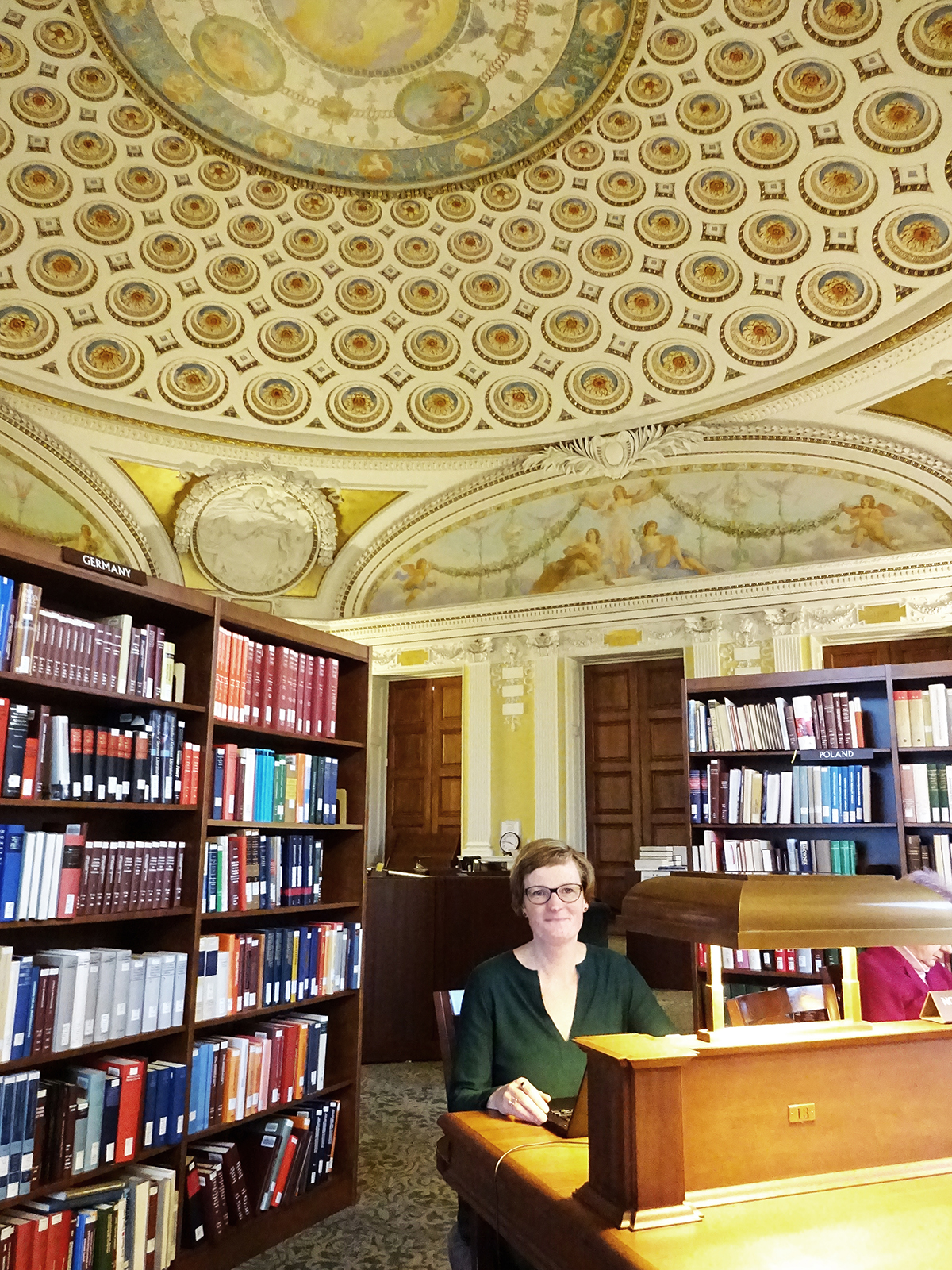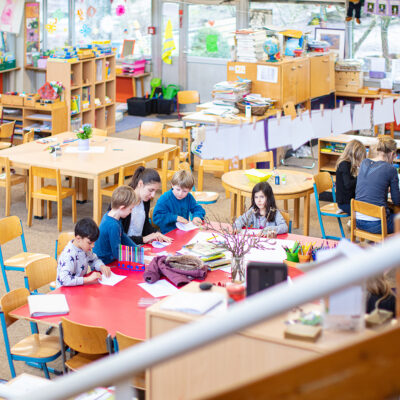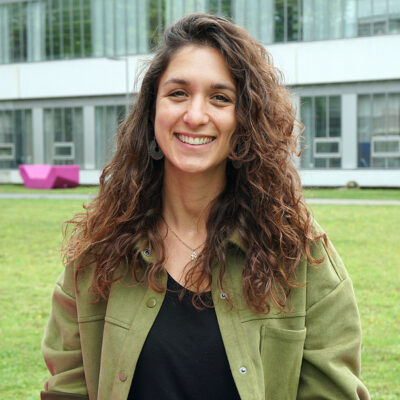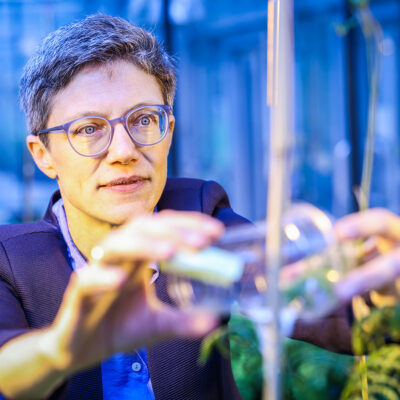Dr. Levke Harders ist #ResearchFellowInDC. Auf Instagram berichtet die Geschichtswissenschaftlerin der Universität Bielefeld von ihrem Forschungsaufenthalt am Deutschen Historischen Institut in Washington, D.C, in den USA.
“Auf meinem Weg zum Institut komme ich am Weißen Haus vorbei, mein Lese- und Schreibarbeitsplatz befindet sich direkt neben dem Kapitol in der Library of Congress. Für acht Monate forsche ich am Deutschen Historischen Institut in Washington, D.C. zur Migrationsgeschichte. Neben meiner Arbeit genieße ich das politische und kulturelle Leben in der US-amerikanischen Hauptstadt. Das neue National Museum of African and American History and Culture ist mehr als nur einen Besuch wert, um sich über die Kultur und Geschichte der Afroamerikaner*innen, Rassismus und Widerstand zu informieren.

© Regina Frackowiak
Am Deutschen Historischen Institut, das zur Max Weber Stiftung gehört und von Professorin Simone Lässig geleitet wird, treffe ich viele Kolleg*innen, die über Migration und zur Kategorie ‘Race’ forschen. Irische Migrant*innen in den USA wurden beispielsweise als ‘schwarz’ gesehen, bevor sie mit der Ankunft neuer Migrationsgruppen langsam ‘weiß’ wurden. Das Konzept Race ist auch für meine Forschungen über Migrationsbewegungen im 19. Jahrhundert in Europa wichtig. In Kolloquien stelle ich diesen Ansatz anderen Wissenschaftler*innen aus den USA und Deutschland vor. Ich genieße es, acht Monate lang zu diskutieren, zu schreiben und zu lesen – keine Gremienarbeit, keine Lehrveranstaltungen, keine Ablenkung. Das ist ein wahnsinniger Luxus.”
Gefördert wird Levke Harders’ achtmonatiger Auslandsaufenthalt als Postdoctoral Visiting Research Fellow von der Max Weber Stiftung. Außer in Washington, D.C., führt die Stiftung weitere historische Institute in London, Moskau, Paris, Rom und Warschau.
Weitere Informationen
Levke Harders auf Instagram und auf Twitter. Blog: https://belonging.hypotheses.org.
Dieser Artikel ist eine Vorabveröffentlichung aus „BI.research“, dem Forschungsmagazin der Universität Bielefeld. Die neue Ausgabe des Magazins erscheint im Mai 2020.




